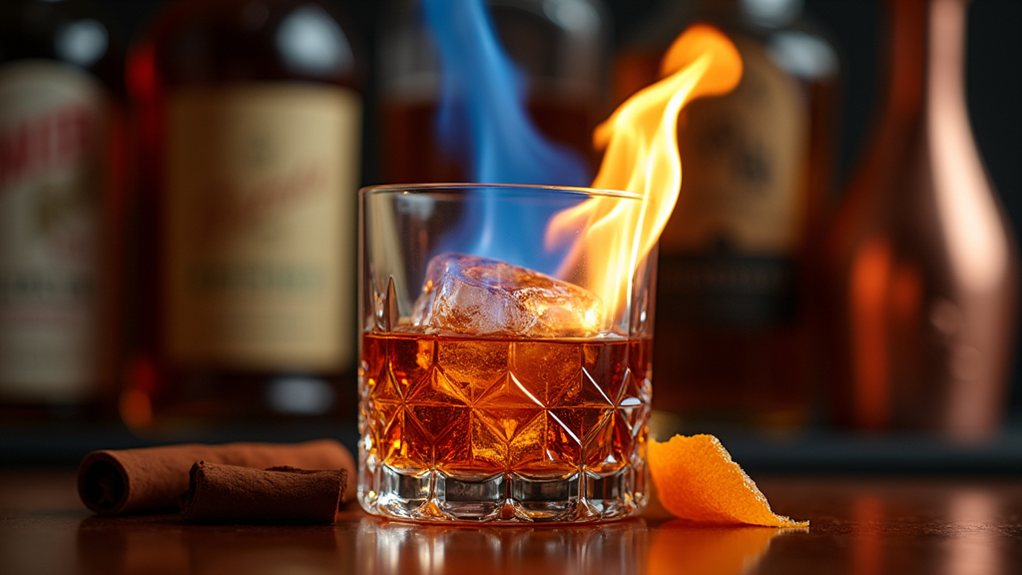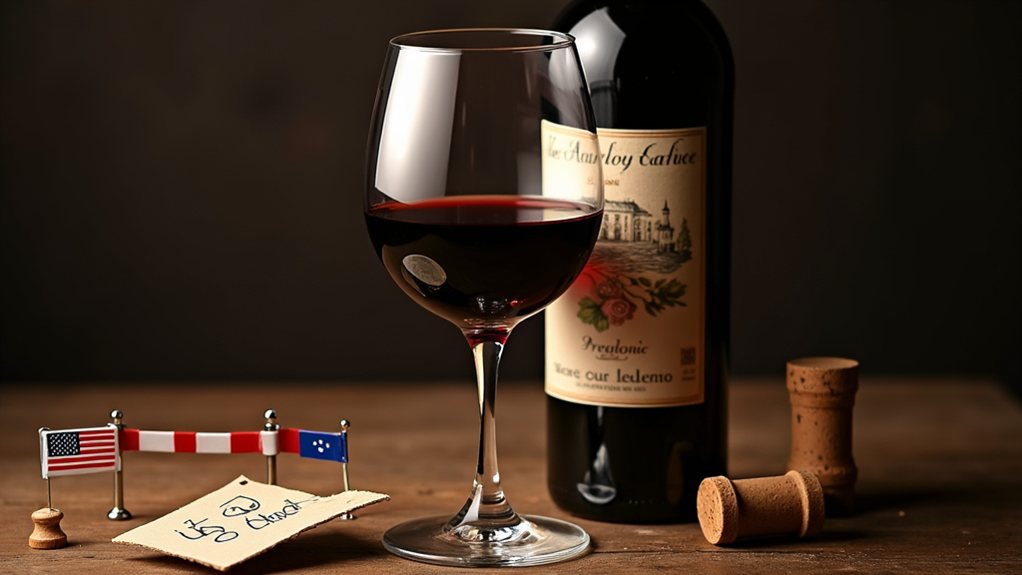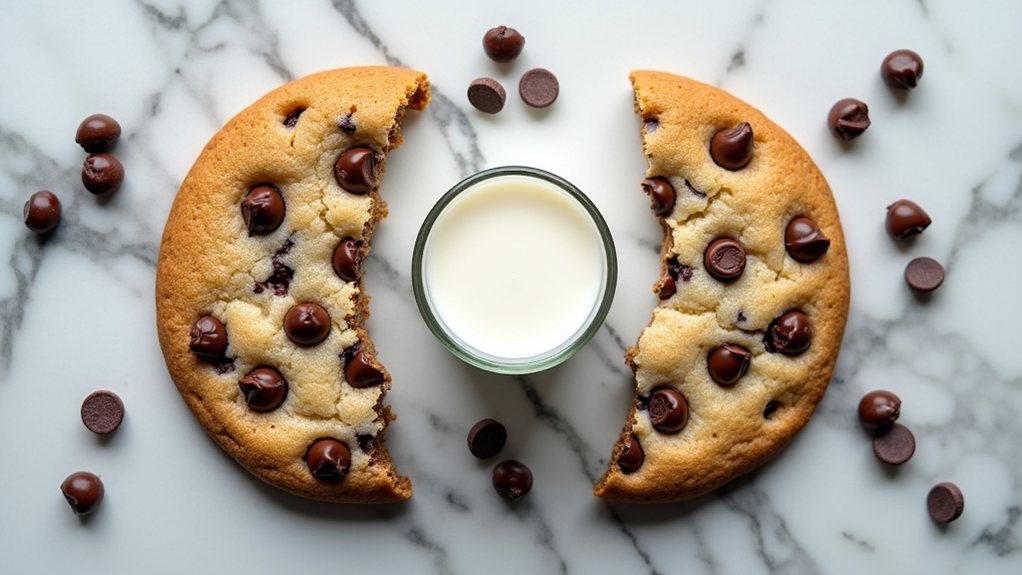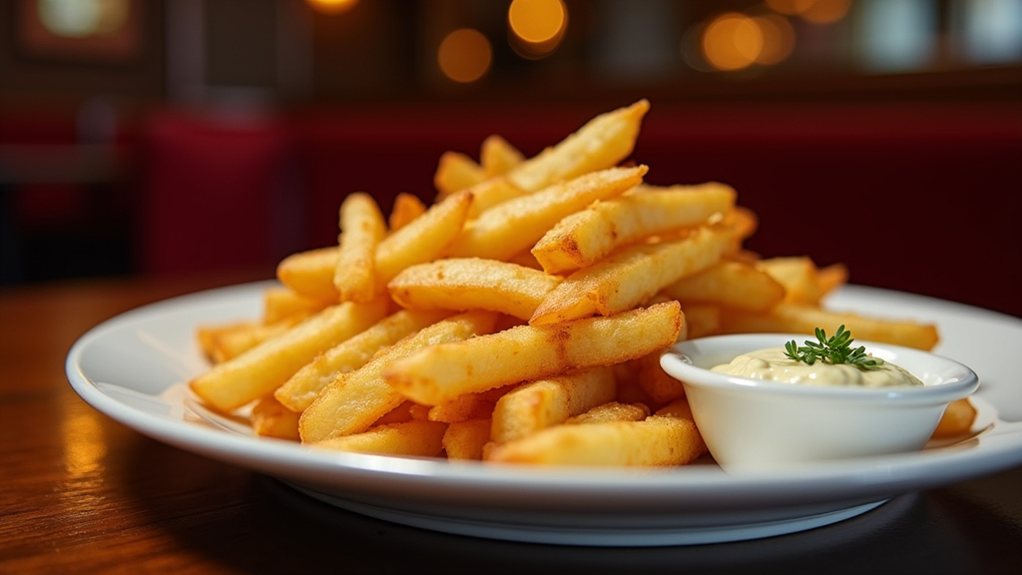Why Liquor Won’t Freeze: The Science Behind Your Favorite Spirits
Have you ever placed a bottle of vodka in the freezer, eagerly awaiting that frosty refreshment only to discover it’s still as slushy as a summer cocktail? While this might seem perplexing, there’s a fascinating science at play that explains why your liquor doesn’t solidify in colder temperatures.
The Role of Ethanol in Freezing Point
Unlike water, which freezes at 32°F, alcoholic beverages contain ethanol, an ingredient responsible for their potent kick. Pure ethanol freezes at a staggering -173°F, far beyond the reach of any home freezer. Most liquors, such as vodka and whiskey, typically have an alcohol by volume (ABV) of around 40%. Consequently, their freezing point hovers around -17°F, well below the typical 0°F setting of home freezers. This means that when you pop your favorite spirit into the freezer, it remains in liquid form, ready for consumption.
The Freeze Factor: Types of Alcohol
While liquor remains liquid, not all alcoholic beverages enjoy this privilege. Drinks like wine and beer have significantly higher water content and lower alcohol levels. For instance, most beers range from 3% to 12% ABV, causing them to freeze at around 28°F. Wine, with an ABV of 8% to 14%, freezes at approximately 23°F. Leaving these beverages in the freezer can lead to messy explosions or ice crystals swirling within the liquid, likely ruining your evening plans.
Cider, another popular drink, falls into a similar category. If you decide to chill your cider in the freezer, anticipate a slushy treat. But beware! Overloading your freezer could result in shattered bottles or cans when the content expands.
When to Chill Your Spirits: Keeping Flavor in Mind
Even though liquors boast a lower freezing point and won’t exactly freeze solid, it’s worth considering when to treat them to a frigid experience. Chilling vodka can enhance its smoothness, making it a delightful addition to cocktails like the classic martini. In contrast, spirits like whiskey and tequila, which hold rich flavors, may suffer from cold temperatures. The volatile compounds that contribute to their unique profiles can diminish, leaving you with a drink that lacks character. A better alternative for whiskey aficionados could be whiskey stones that cool without diluting the flavor.
Tips for Enjoying Your Favorite Alcoholic Beverages
To make the most out of your favorite liquors and beers, here are some practical tips:
- Chill, Don’t Freeze: Place your vodka and gin in the fridge for optimal chilling. This way, they stay cool while retaining their rich taste.
- Use Ice Sparingly: For drinks like whiskey, consider adding a single large ice cube. This will chill the drink without overwhelming its flavor.
- Serve Beer and Wine Fresh: Chill your wine and beer in the fridge or an ice bucket rather than the freezer to avoid disastrous spills.
- Experiment with Mixers: If you prefer cocktails, using a chilled glass can maintain the coldness without resorting to freezer shenanigans.
Final Thoughts on Liquor and the Freezer
Understanding the science behind why your liquor remains liquid in the freezer demystifies the phenomenon many drink enthusiasts experience. While it’s tempting to chill all alcoholic beverages, recognizing their unique freezing points and flavors will help ensure enjoyable sipping experiences. Whether you choose to cool your vodka or enjoy your whiskey neat, respecting the nuances of each drink will elevate your enjoyment. So next time you pop a bottle into the freezer, remember: science is at play! Cheers to that!









